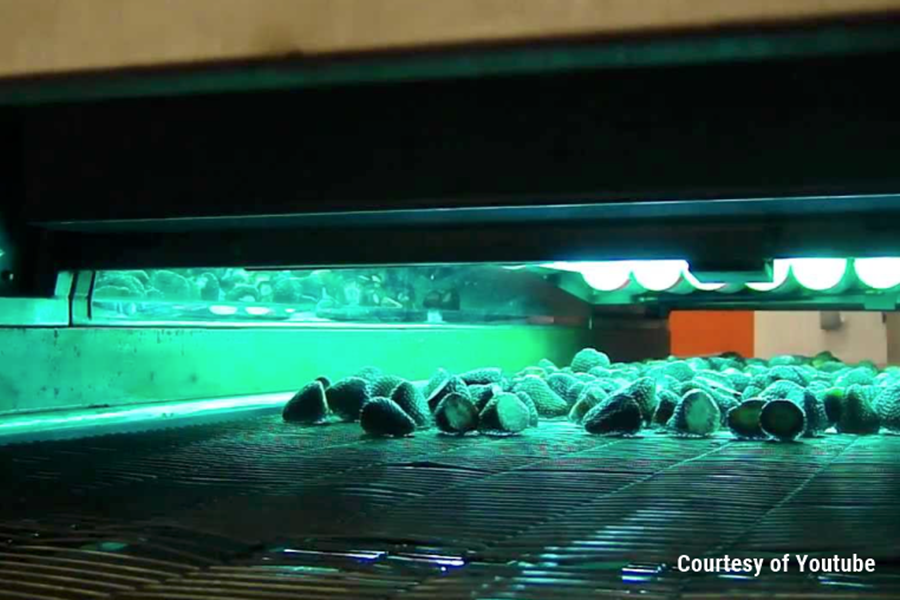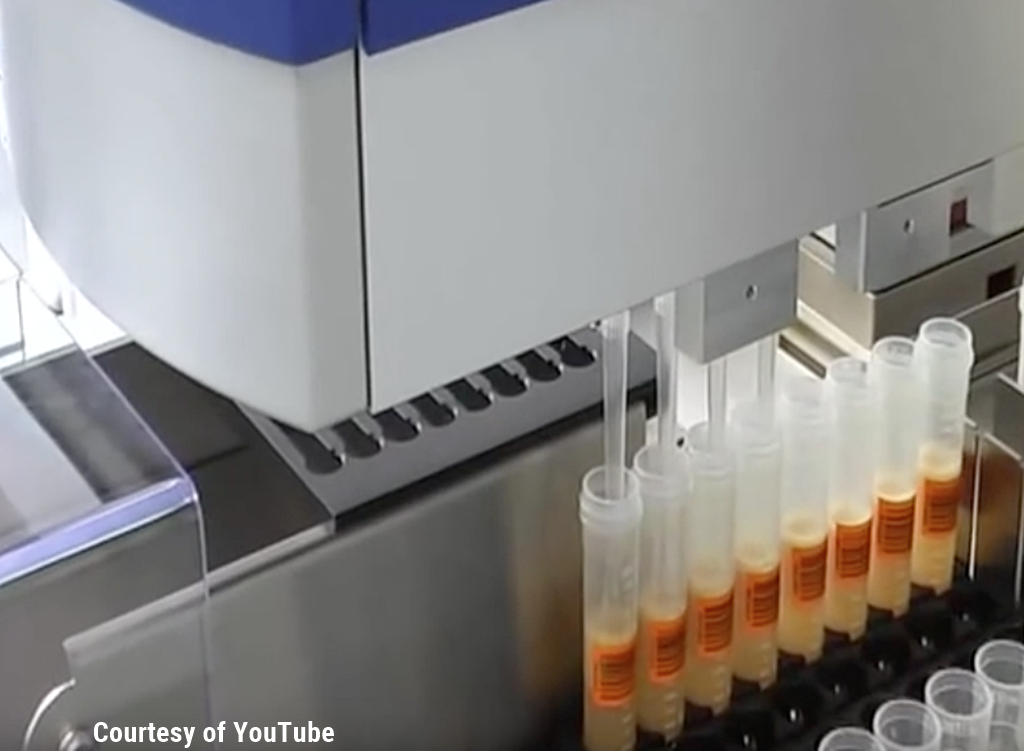Mitigate Your Food Recall Risk through Advance Training
By Steve Hather
Food safety is clearly top of mind for consumers in most countries, spurred on as it is by a series of product recalls, many of which have not been managed well.
The challenge for many food businesses is that social media has changed the landscape when it comes to food safety incidents. News of an incident escalates faster and to a much broader audience today than ever before. Armchair journalists are more than happy to speculate on what happened, and this serves to fuel the discussion. The “real” journalists pick up the story. Before they know it, company executives are embroiled in a brand crisis prior to even having had a chance to respond.
When a senior executive team is sitting around a table quietly having a coffee talking about how the company would respond if an incident occurs, it can all seem quite intuitive. You have good traceability, you know how you will get the product back.
In a real crisis situation, things change quickly.
From the outside, it seems as though the company has its act together, and that creates confidence and trust.
Conflicting Perspectives During a Product Recall Crisis
CEOs are faced with a range of valid but often conflicting perspectives from the CFO, the company’s legal counsel, the quality manager, and the marketing manager. The phone is ringing with key stakeholders demanding answers you don’t have yet. People are not responding as you expected. Social media discussion is building.
Companies that respond well in a potential crisis situation have a structured process that they are familiar with, and they make sure key issues are addressed under pressure. They train for food safety crisis situations ahead of time so that team members ask the right questions when they’re under fire. This leads to timely and robust decision-making, and it means people know what they need to do and get on with it. From the outside, it seems as though the company has its act together, and that creates confidence and trust.
Product Recall Training Provides Depth
Food Safety training also provides depth. Murphy’s law of crisis management states that crises happen at the worst time possible. Imagine what would happen if you had a product problem during a busy sales period during the holiday season, when most of your team members are out of town. In one case where this happened recently, the key decision maker was on her own. But because there was a process in place and she was well-trained to deal with just such a situation, she used the tools quickly and effectively to brief the CEO, make the decision to recall and conduct it effectively.
Three things have to happen for a structured process to work under a potential crisis:
- The process has to be documented in a series of short useful tools – no one has time to read a long document in a potential crisis.
- The team needs to be trained to use those tools. In a potential crisis, humans revert to what we are familiar with, we tend not to use unfamiliar processes during a crisis.
- The team needs to practice using their processes in a simulated environment to reinforce both the process and the training
The good news is that this structured approach will not only help prevent a food recall from escalating into a crisis, but will help participants respond to any type of incident. It will also build high level problem-solving, strategy, facilitation and communication skills that can be applied in all sorts of leadership roles.
Training your team on a structured process not only makes good organizational sense but will help make sure your next product recall does not become a brand crisis—something no one wants to deal with down the road.
About the Author
Steve Hather is currently Director and Principal Consultant for The Recall Institute, a specialist product risk, product recall, and crisis management training and consulting company. He has helped some of the world’s best-known food and consumer goods companies, as well as small and medium businesses, manage incidents and product recalls and protect their brands.
Steve has trained hundreds of senior executives in incident management, product recall and crisis management, and he was a member of the international working group that developed the new International and now Australian Standard for Product Recall – AS/ISO 10393.

-
 FeaturedRisk management
The Cost of a Breach: What a Cyberattack Could Mean for Food Safety Recalls
FeaturedRisk management
The Cost of a Breach: What a Cyberattack Could Mean for Food Safety Recalls
-
 FeaturedRisk management
Securing the Food Chain: How ISO/IEC 27001 Strengthens Cybersecurity
FeaturedRisk management
Securing the Food Chain: How ISO/IEC 27001 Strengthens Cybersecurity
-
 FeaturedRisk management
Revolutionizing Food Safety Training: Breaking Out of the “Check-the-Box” Mentality
FeaturedRisk management
Revolutionizing Food Safety Training: Breaking Out of the “Check-the-Box” Mentality
-
 GFSI Standards
GFSI 2025: Building Trust, Tech-Forward Solutions, and Global Unity in Food Safety
GFSI Standards
GFSI 2025: Building Trust, Tech-Forward Solutions, and Global Unity in Food Safety
-
 FeaturedFood Safety
Integrated Pest Management: Strategies to Protect Your Brand’s Reputation
FeaturedFood Safety
Integrated Pest Management: Strategies to Protect Your Brand’s Reputation
-
 FeaturedFood Safety Culture & Training
No Open Door Policy: Challenges That Impact Pest Control in Food Processing Plants
FeaturedFood Safety Culture & Training
No Open Door Policy: Challenges That Impact Pest Control in Food Processing Plants




